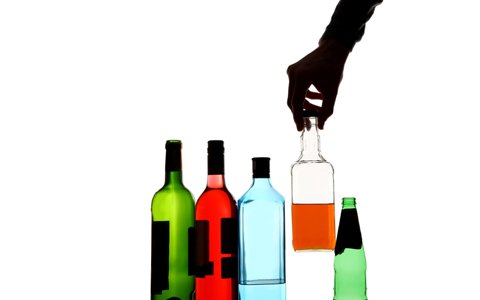Does the social context of early alcohol use affect risky drinking in adolescents? Prospective cohort study
Drinking alcohol with parents does not protect teenagers from engaging in risky drinking behaviour, this NDARC study has found.
The study which regularly asked almost 2,000 teenagers about their drinking patterns and history of drinking in a family context over three years found that drinking with family in early adolescence actually increased the likelihood of later risky drinking.
Almost half (44%) of participants reported risky drinking in the past week during at least one stage of the study, and 15% reported drinking more than three times with their family. Drinking repeatedly with family between the ages of 14 and 17 was associated with an increased risk of risky drinking in later adolescence.
While it is a common perception that early introduction to responsible drinking may prevent risky drinking behaviours, the study results show otherwise.
The authors write “Our results suggest that consumption with family does not protect against risky drinking. Furthermore, parents who wish to minimise high risk drinking by their adolescent children might also limit their children’s opportunities to consume alcohol in unsupervised settings.”











